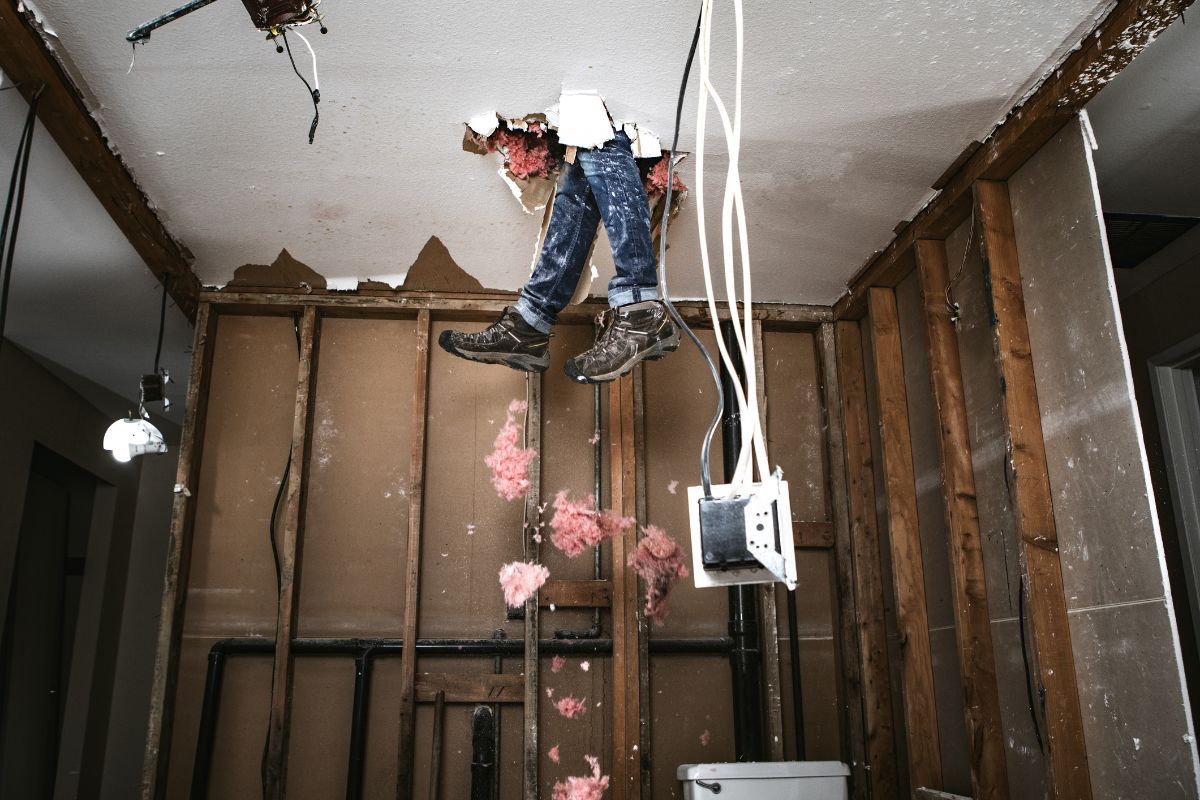People who make construction defect claims usually argue that a contractor or designer made some kind of error when doing the work. There are four common grounds for a construction defect lawsuit, including a design defect, substandard materials, a construction defect, and code violations. Sometimes, all four are at issue.
If you are facing difficulties with a construction project and believe that you may have a construction defect claim, contact a construction law firm to learn more about your options. You may be able to file a lawsuit or negotiate a remedy based on one of these four grounds for a claim.
-
Design Defect
Design defect claims arise when a project has architectural or engineering issues. An architectural plan or engineering design may not have performed as planned – for example, it may have inadequate structural support or cause water leakage may not have been properly executed by the builders. Alternatively, the design may not have been properly executed by the builders.
Design defects can cause serious issues both during the construction of a building and when people try to use the building. Construction could be delayed if a defect is discovered, driving up costs. You might need the project to be redesigned, resulting in more delays for revised permitting and changes in materials. Moreover, an error right from the very start of a project could result in major damage to the building later. It even could cause injuries to people in the building, such as if the structure collapses. Seek legal help if you are facing a design defect.
-
Substandard Materials
Construction contracts may allow contractors to choose the materials to use on a project. Sometimes, those materials turn out to be substandard. The contractor may have selected a material that was inappropriate for the intended use. Or the manufacturer may have cut corners by making a material that is cheaper but less effective. Finally, a manufacturer may have made an error when making a material, causing it to fail when used in a construction project.
From the beginning of a construction project, you can seek some assurance against the use of substandard materials by specifying in the contract or plans which type of materials the contractors should use. For example, the contract could say that the contractor will use only roofing materials rated for at least 20 years of wear. If you discovered later that the contractor used materials rated to only 15 years, you might have a substandard materials claim.
-
Construction Defect
Another type of construction defect claim is for an error or problem with the construction itself. Like a design defect, a construction defect can lead to major issues with the project as it is being built and later on when people use it.
Some examples of construction defects are electrical problems, cracks in the foundation or floor, leaky plumbing, sagging floors, leaky roofs, crooked doors, and more. If you find that a newly constructed project has a construction issue, contact a construction law firm to learn about your rights.
-
Code Violations
Finally, code violations can lead to a construction defect claim. Similar to construction and design defects, code violations may result in serious safety issues when using a building. The code enforcement authority even could cite the property owner, levy fines, or condemn the building until the code issues are fixed. If you think that a contractor or repair person’s work was not up to code, you may have a legal claim. Your local construction law firm can evaluate your situation and advise you of your legal options.
The Construction Law Firm You Need
Henke & Williams’s experienced lawyers can assist with construction law claims in the Houston area. We work with clients from all parts of the construction industry on their legal issues. At our firm, we customize advice to each client’s individual situation. Whether you are a contractor or a property owner, reach out to us for help. To set up a consultation, call 713-940-4500 or use our convenient Contact Form.


